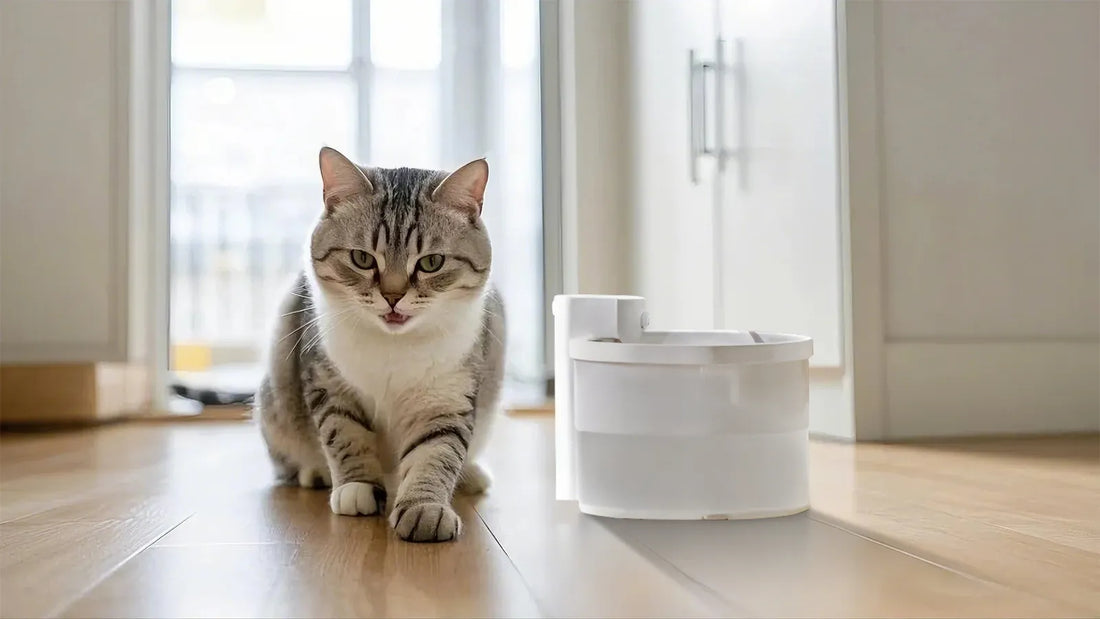Living with allergies or pets can be challenging, especially when it comes to maintaining clean indoor air. House air purifiers have become essential tools for improving air quality, reducing allergens, and managing pet-related pollutants. This guide explores how these devices work, their benefits, and what to consider when selecting one for your home.
Understanding Allergies and Pet-Related Air Pollutants
Allergies are often triggered by airborne particles such as pollen, dust mites, mold spores, and pet dander. Pet dander, in particular, is a common allergen that can linger in the air and on surfaces, causing discomfort for sensitive individuals. Additionally, pets can bring in outdoor allergens like pollen and dirt, further exacerbating the problem.
How House Air Purifiers Work
House air purifiers are designed to capture and remove airborne pollutants, including allergens and pet dander. They use various filtration technologies, such as HEPA filters, activated carbon filters, and UV-C light, to trap and neutralize harmful particles. HEPA filters are particularly effective at capturing microscopic allergens, while activated carbon filters help eliminate odors and volatile organic compounds (VOCs).
Benefits of Using Air Purifiers for Allergies and Pets
Investing in a house air purifier offers several advantages for allergy sufferers and pet owners. These devices can significantly reduce the concentration of allergens in the air, providing relief from symptoms like sneezing, coughing, and itchy eyes. They also help control pet odors and improve overall indoor air quality, creating a healthier living environment for everyone.
Key Features to Look for in an Air Purifier
When choosing a house air purifier, consider the following features to ensure it meets your needs:
- HEPA Filtration: Look for a purifier with a true HEPA filter to capture 99.97% of particles as small as 0.3 microns.
- Activated Carbon Filter: This feature is essential for removing pet odors and VOCs.
- Room Size Coverage: Ensure the purifier is suitable for the size of the room where it will be used.
- Noise Level: Opt for a model with a quiet operation, especially if it will be used in bedrooms or living areas.
- Energy Efficiency: Choose an energy-efficient model to reduce electricity consumption.
Tips for Maximizing the Effectiveness of Your Air Purifier
To get the most out of your house air purifier, follow these tips:
- Place the purifier in a central location to ensure optimal air circulation.
- Keep doors and windows closed to prevent outdoor allergens from entering.
- Regularly clean and replace filters as recommended by the manufacturer.
- Groom your pets frequently to minimize shedding and dander.
- Vacuum and dust your home regularly to reduce the buildup of allergens.
Common Misconceptions About Air Purifiers
There are several misconceptions surrounding house air purifiers that can lead to confusion. For example, some people believe that air purifiers can completely eliminate all allergens, which is not true. While they can significantly reduce allergen levels, they cannot remove them entirely. Additionally, not all air purifiers are created equal, and choosing the wrong one may not provide the desired results.
Choosing the Right Air Purifier for Your Needs
Selecting the right house air purifier depends on your specific needs and circumstances. If you have severe allergies, prioritize a model with a high-efficiency HEPA filter. For pet owners, look for a purifier with an activated carbon filter to address odors. Consider factors like room size, noise level, and maintenance requirements to find the best fit for your home.
House air purifiers are invaluable tools for managing allergies and pet-related pollutants. By understanding their features and benefits, you can make an informed decision and create a healthier, more comfortable living environment. Whether you're an allergy sufferer or a pet owner, investing in a quality air purifier can make a world of difference.













